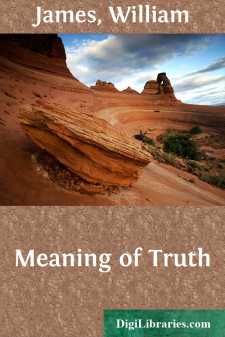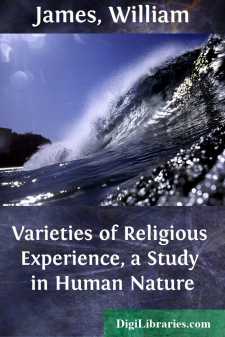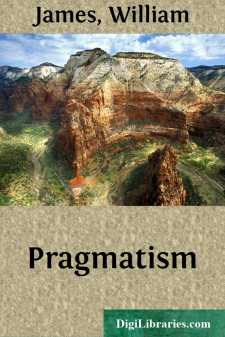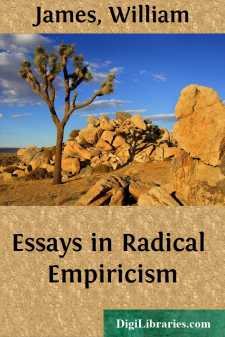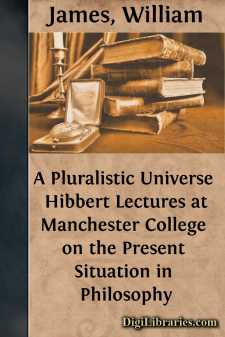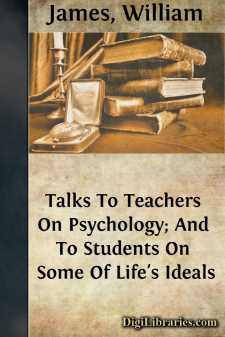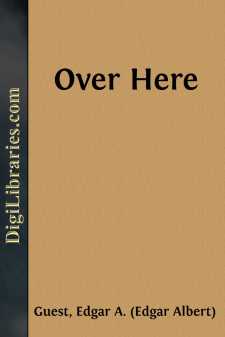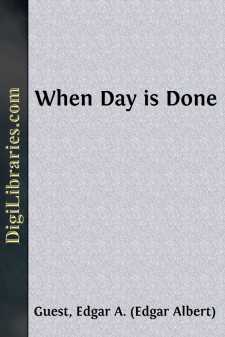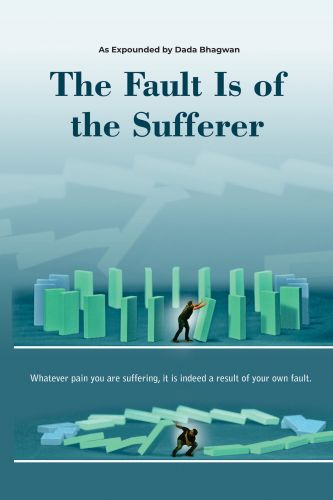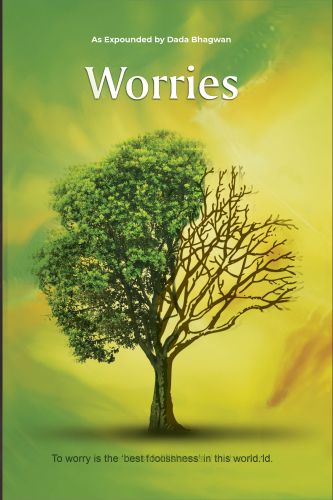Categories
- Antiques & Collectibles 13
- Architecture 36
- Art 48
- Bibles 22
- Biography & Autobiography 813
- Body, Mind & Spirit 142
- Business & Economics 28
- Children's Books 17
- Children's Fiction 14
- Computers 4
- Cooking 94
- Crafts & Hobbies 4
- Drama 346
- Education 46
- Family & Relationships 57
- Fiction 11829
- Games 19
- Gardening 17
- Health & Fitness 34
- History 1377
- House & Home 1
- Humor 147
- Juvenile Fiction 1873
- Juvenile Nonfiction 202
- Language Arts & Disciplines 88
- Law 16
- Literary Collections 686
- Literary Criticism 179
- Mathematics 13
- Medical 41
- Music 40
- Nature 179
- Non-Classifiable 1768
- Performing Arts 7
- Periodicals 1453
- Philosophy 64
- Photography 2
- Poetry 896
- Political Science 203
- Psychology 42
- Reference 154
- Religion 513
- Science 126
- Self-Help 84
- Social Science 81
- Sports & Recreation 34
- Study Aids 3
- Technology & Engineering 59
- Transportation 23
- Travel 463
- True Crime 29
Meaning of Truth
by: William James
Categories:
Description:
Excerpt
THE pivotal part of my book named Pragmatism is its account of the relation called 'truth' which may obtain between an idea (opinion, belief, statement, or what not) and its object. 'Truth,' I there say, 'is a property of certain of our ideas. It means their agreement, as falsity means their disagreement, with reality. Pragmatists and intellectualists both accept this definition as a matter of course.
'Where our ideas [do] not copy definitely their object, what does agreement with that object mean? … Pragmatism asks its usual question. "Grant an idea or belief to be true," it says, "what concrete difference will its being true make in any one's actual life? What experiences [may] be different from those which would obtain if the belief were false? How will the truth be realized? What, in short, is the truth's cash-value in experiential terms?" The moment pragmatism asks this question, it sees the answer: TRUE IDEAS ARE THOSE THAT WE CAN ASSIMILATE, VALIDATE, CORROBORATE, AND VERIFY. FALSE IDEAS ARE THOSE THAT WE CANNOT. That is the practical difference it makes to us to have true ideas; that therefore is the meaning of truth, for it is all that truth is known as.
'The truth of an idea is not a stagnant property inherent in it. Truth HAPPENS to an idea. It BECOMES true, is MADE true by events. Its verity IS in fact an event, a process, the process namely of its verifying itself, its veriFICATION. Its validity is the process of its validATION. [Footnote: But 'VERIFIABILITY,' I add, 'is as good as verification. For one truth-process completed, there are a million in our lives that function in [the] state of nascency. They lead us towards direct verification; lead us into the surroundings of the object they envisage; and then, if everything, runs on harmoniously, we are so sure that verification is possible that we omit it, and are usually justified by all that happens.']
'To agree in the widest sense with a reality can only mean to be guided either straight up to it or into its surroundings, or to be put into such working touch with it as to handle either it or something connected with it better than if we disagreed. Better either intellectually or practically …. Any idea that helps us to deal, whether practically or intellectually, with either the reality or its belongings, that doesn't entangle our progress in frustrations, that FITS, in fact, and adapts our life to the reality's whole setting, will agree sufficiently to meet the requirement. It will be true of that reality.
'THE TRUE, to put it very briefly, IS ONLY THE EXPEDIENT IN THE WAY OF OUR THINKING, JUST AS THE RIGHT IS ONLY THE EXPEDIENT IN THE WAY OF OUR BEHAVING. Expedient in almost any fashion, and expedient in the long run and on the whole, of course; for what meets expediently all the experience in sight won't necessarily meet all farther experiences equally satisfactorily. Experience, as we know, has ways of BOILING OVER, and making us correct our present formulas.'
This account of truth, following upon the similar ones given by Messrs. Dewey and Schiller, has occasioned the liveliest discussion. Few critics have defended it, most of them have scouted it. It seems evident that the subject is a hard one to understand, under its apparent simplicity; and evident also, I think, that the definitive settlement of it will mark a turning-point in the history of epistemology, and consequently in that of general philosophy....


